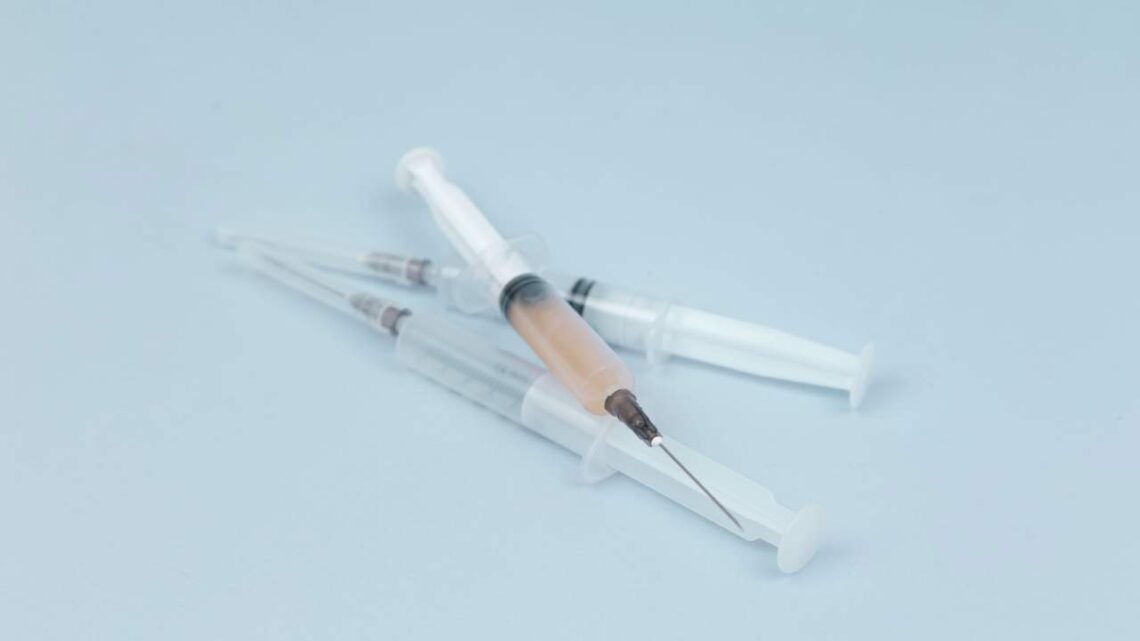
Salmonella vaccine is a step closer to reality with research breakthroughs
May 8, 2021Vaccines designed to help protect against salmonella bacteria are one step closer to the fact thanks to research by scientists at the University of Florida. According to a new study published from the team, particles called extracellular vesicles (EVS), used by cells to communicate with each other, can hold the key to the type of new vaccine.
This study, led by Mariola Edelmann University, views whether EV types known as Exosom can play a role in how the body combats Salmonella, bacteria that can be transmitted to food and animals. Based on this idea, the team uses exosom from white blood cells that have been infected with bacteria.
This ecosome is found to contain salmonella antigens, proteins that cause a person’s immune system to pathogens. By introducing this exosom with salmonella antigens to mice, they can trigger the development of antibodies that target salmonella in mice, as well as ‘specific cellular immune responses’ that are adjusted to eliminate impressive bacteria.
This represents innate and adaptive immunity to Salmonella, according to research, paves the way for additional work towards the possibility of future vaccines against bacteria. However, researchers warn that more work is needed before the vaccine against salmonella for humans can be developed.
Edelmann’s main researcher explained:
Our study has identified the role of the exosom novel in a protective response to Salmonella, but we also think that exosomes can find wider applications for other intestinal infections and outside. Ecosomes have the unique ability to summarize valuable cargo while allowing targeted delivery to interesting networks. For many conditions and infections, this exact therapeutic charge is what makes a difference, and we currently also evaluate the exosom in providing cargo to other chosen networks










